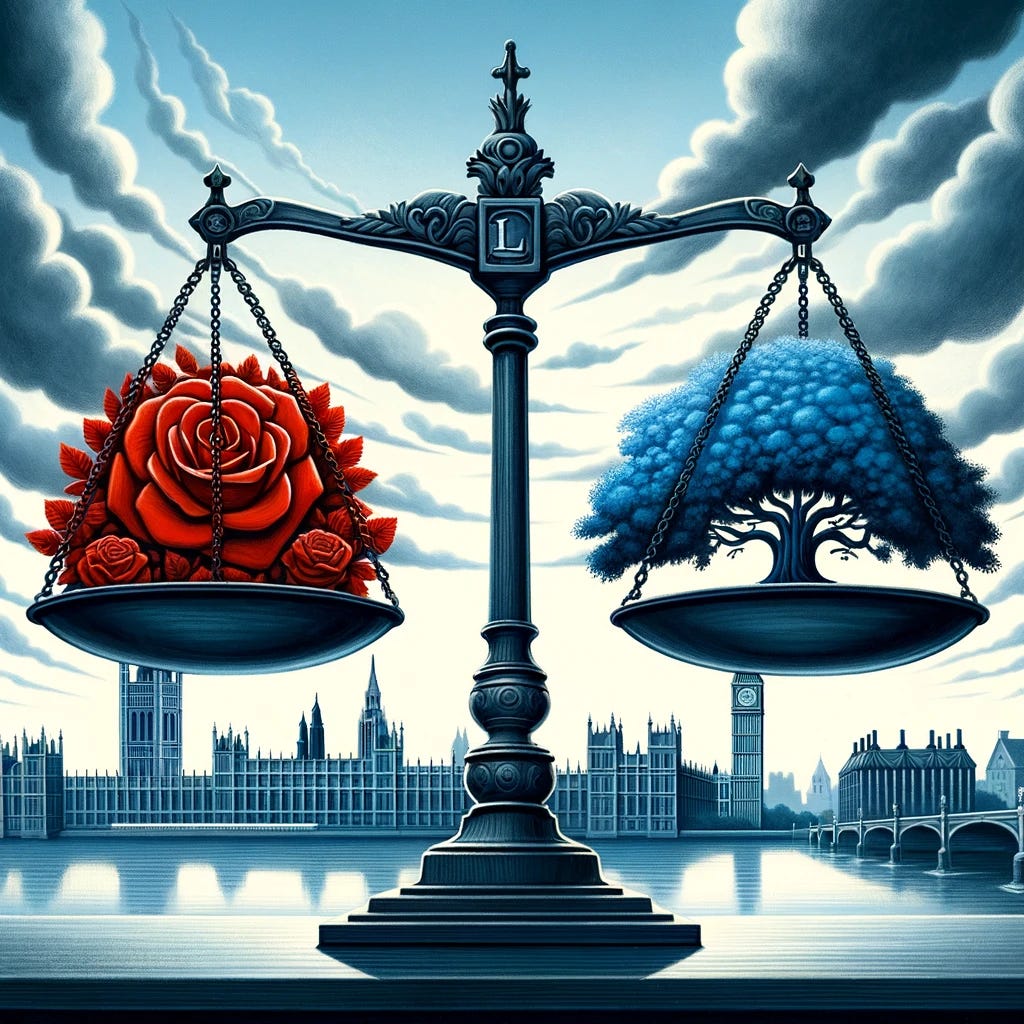Hung Parliament can swing for two years
The Brexit Bills will be contentious, but are likely to come near the end of the ‘two year’ strategy.
A ‘Hung’ Parliament is not as hung as some may fear, and some may hope. A number of us still alive with experience of one, know it is much easier for the Government than most pundits realise, at least for the first two years. All parties have grounds for avoiding an election in that time. The election fund has been spent, and time is needed to replenish. There are a large number of MPs, Tory, Labour., SNP, sitting on wafer thin majorities who do not have a death wish. If their electors, having refused them decisive approval continue in a bolshie mood, it is best to leave them alone for a while. It would be foolish to rile Brenda from Bristol again.
Then there is the House of Commons, where the Government, not the Opposition, is in charge of the legislative agenda, and the parliamentary timetable. Minority Governments do not volunteer Bills that will see them suffer defeats. They produce legislation which Opposition parties are, in broad terms, likely to agree with. These are larded with promises of being willing to accept amendments. There is also that timetable — long recesses eat away the weeks towards that ‘hang on for two years’ strategy.
Graham Brady, Chairman of the Tory 1922 Committee spelled it out before the Queen’s Speech: ‘There will be less legislation and more debate and discussion.’ We now have a very light, non- contentious set of Bills coming before the Commons, a two year instead of the normal one year session, and now learn that the summer recess is going to be a long one.
The Brexit Bills will be contentious, but are likely to come near the end of the ‘two year’ strategy.
Of course there will be Opposition days when motions will be tabled condemning the Government for this and that. The Government can be defeated on them, but there is no constitutional compunction to obey them. The only defeats that can bring down the Government are if it loses the vote on the Queen’s Speech, cannot carry its Budget, and loses a vote of con confidence. It can survive everything else.
There is also the discipline factor in debates, or the lack of it. For the Government side Three line whips and tight discipline is standard. But not so on the other side of the House. There, Three line whips that keep people from going home early, or away from important meetings in their constituencies, tend to become Two liners, resulting in less than a full turn out of the official opposition and the minor parties, with sometimes surprisingly large Government majorities.
The May Government has an advantage that was not available to Wilson and Callaghan in 1974–79. Devolution has taken away a great deal of legislative responsibility from Westminster, leaving a much narrower area to be managed and threatened by the Opposition. The further twist to this tale is the new rule that on purely English matters, only MPs from English constituencies can vote. The Tories won 297 seats in England, Labour 227, Libdems 8. As you can see on English legislation the Tories are not a minority.
There is also the vast range of executive powers the Government has from the great volumes of legislation now on the statute book. In the exercise of those it will be subject to inquiry and criticism by MPs, but it is not likely to be deflected from any course of action it initiates.
A minority Government surviving is one thing, the Prime Minister another. Mrs. May is guilty of the unforgiveable sin in Tory eyes, of losing an election she should have won. Arising from that, she is on probation and not in control. She is in that most dangerous situation, the one that undid Lloyd George in 1922, a Prime Minister without a power base in the governing party.
There is, however, one problem the Tories face that was not the case in 1974–79 — the standing of the Prime Minister. Both Harold Wilson and Jim Callaghan were good campaigners, substantial figures, with power bases in the Parliamentary Party and the party in the country. Wilson, until he retired, was held in high esteem by his colleagues (although not by me), and Callaghan was respected not only in his own party but by the opposition. Both were in command and able to pick their Cabinets. Mrs. May’s chose itself. She had few slots available to her.
At one time in 1977, after the initial two years, when Labour found itself in trouble it turned for help to the Liberals, and got it after bargaining. The Liberals were just that, liberal and reliable partners.
That cannot be said about the group May is already seeking help from — the DUP. It has Paisleyite iron in its soul. They are a hard lot. If at any time they believe their association with the May Government endangers their domination of the Unionist part of Northern Ireland, they will disengage from her. But even without them, as I have explained, minority Government, whoever is PM, is feasible for at least two years. After that the Opposition has its new election funds, and the Government itself becomes a bit weary of the constant manoeuvring, and probably has to face some by-election losses that starts to erode morale. Or on the other hand, it can make a success of the Brexit negotiations and bask in Leave and Remain approbation, and decide it is time for a new mandate. I think a lot is going to depend on Brexit.
One thing is common between now and the hung one in 1974–79, there is going to be drama, and the media is not going to be short of stories to tell.


